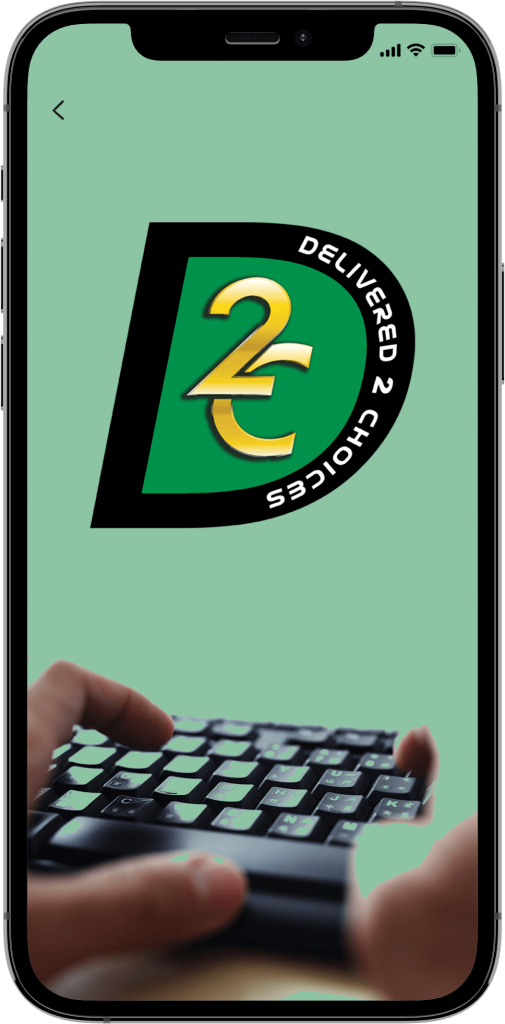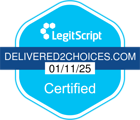Start your return-to-work journey with us today
Two Locations
-
Location #1:
836 57th Street, Suite 452 , Sacramento, CA 95819 -
Working Hours:
Mon. - Fri: 9am - 6pm - Open Sat by appt only!
© 2025 Delivered2choices ALL RIGHTS RESERVED | Powered by: AdClickMagnet




